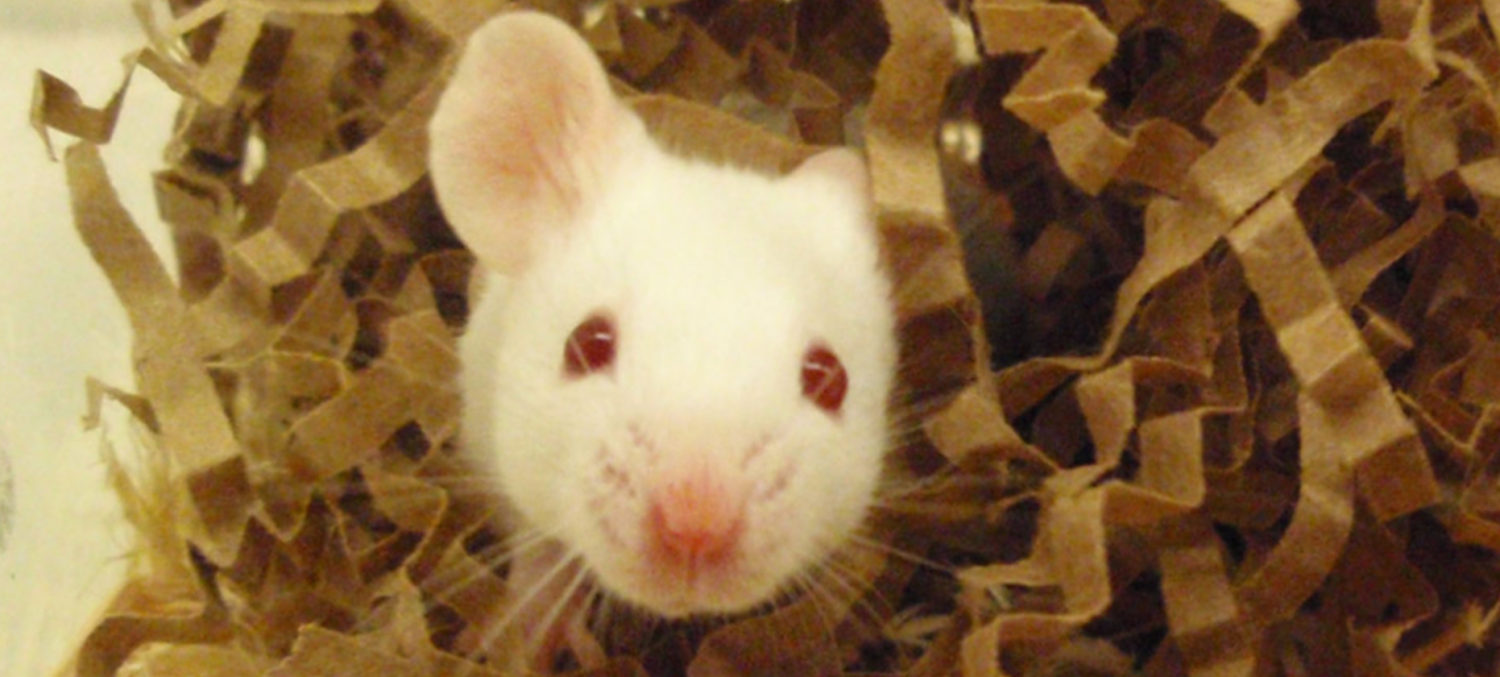Abstract:
Dr. Brianna Gaskill’s talk will go over in everyday terms: the reasons why good experimental design is so important; what it should look like in a project proposal; how to identify reasonable and unreasonable sample sizes; why and how to include multiple strains or both sexes without increasing sample size; and how to identify when improved experimental design may allow scientists to perform the same work better with fewer animals. This talk will be user friendly (it won’t use equations), and the goal is to provide a set of rules of thumb for quick assessment of experimental design and sample size so that both scientists and AWB/IACUCs can triage out protocols where they might want to seek input from a biostatistician or a 3Rs expert.

 Leichte Sprache
Leichte Sprache